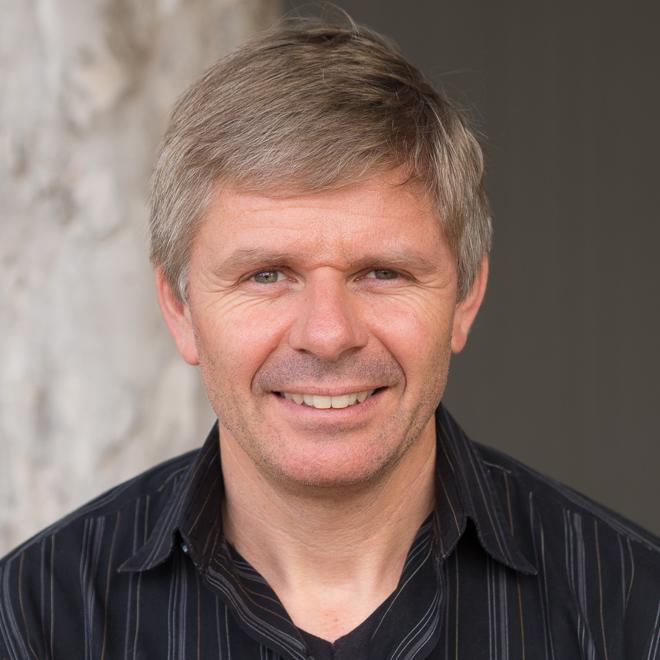Lester McKee
Lester McKee, PhD
Senior Environmental Scientist
Clean Water Program
Bay Regional Monitoring Program
Sediment
Sources, Pathways, & Loadings
415-847-5095
With a B.Sc. (Hons) in Geology from the University of Canterbury, New Zealand and a Ph.D. in resource science from Southern Cross University, New South Wales, Australia, Dr. McKee is an applied scientist who designs and implements studies to inform environmental management and policy. His research career began with a focus on nutrient biogeochemistry in subtropical watersheds and estuaries. He then joined SFEI in 2000 to lead a team of scientists carrying out geomorphic and water quality research in watershed sediment and contaminant processes. His fields of interest include:
- Design and implementation of urban water quality monitoring programs,
- Whole system mass balance in watersheds and bays,
- Watershed and tributary sediment and pollutant mass loadings,
- Pollutant source identification, prioritization, and source tracking,
- Performance analysis of best management practices (BMPs) and low impact design (LID), and
- Modeling sediment and pollutant transport and optimizing placement of BMPs and LID for water quantity and quality improvement.
His other interests include gardening and landscaping, squash, tennis, and most forms of aerobic exercise, documentary media of all forms, and healthy eating.
Related Projects, News, and Events
 Special Issue of Marine Geology Published on Sediment Transport in San Francisco Bay (News)
Special Issue of Marine Geology Published on Sediment Transport in San Francisco Bay (News)
The first ever compilation of research focused on sediment transport in the San Francisco Bay coastal system was published in November as a special issue of the journal Marine Geology, edited by USGS scientists. The volume’s 21 papers investigate this complex and ever-changing system through the lenses of hydrology, chemistry, ecology and many other disciplines.
 Journal Publication on PCBs in the Exterior Caulk of Bay Area Buildings (News)
Journal Publication on PCBs in the Exterior Caulk of Bay Area Buildings (News)
An article coauthored by SFEI staff on polychlorinated biphenyl (PCB) concentrations in caulking was recently published in Environment International. The study analyzed PCB concentrations in 25 caulk samples from the exterior of ten buildings in the San Francisco Bay Area. PCBs were detected in 88% of the caulk samples collected from the buildings and relatively high concentrations of PCBs were observed in concrete and masonry buildings built between 1950 and 1980.
 New Reports Show Sources of Pollution in SF Bay (News)
New Reports Show Sources of Pollution in SF Bay (News)
A KTVU story by Tom Vacar features Tom Mumley and Lester McKee
"Any component of our urban landscape that allows our water to run off very very quickly also allows the contaminants to run off very very quickly as well," said Lester McKee.
- ‹ previous
- 3 of 3

